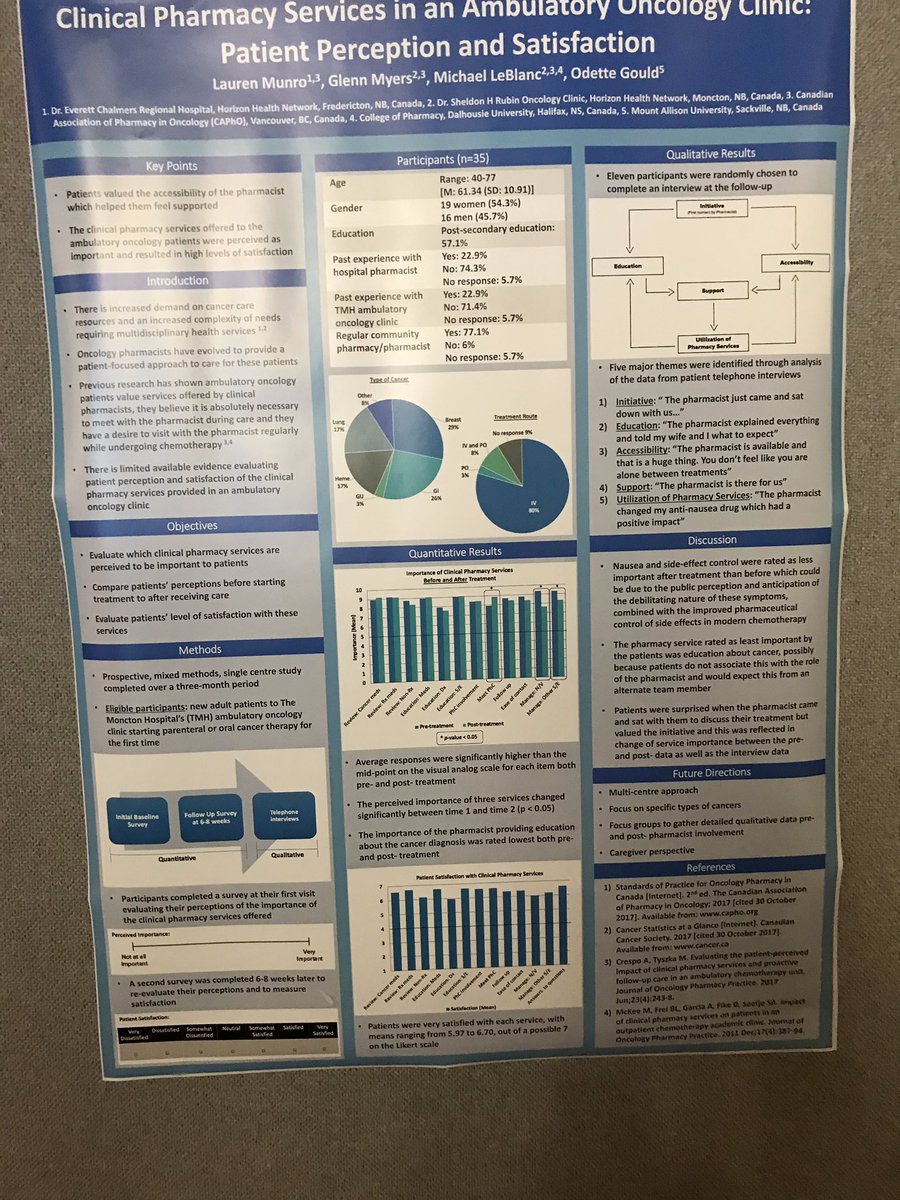8bhibs English
Facebook is showing information to help you better understand the purpose of a Page. See actions taken by the people who manage and post content. Constituted 1 July 1916 in the Regular Army as the 1st Battalion Mounted Engineers Company A organized 20 August 1916 at Twin Windmills, Mexico; Headquarters and Companies B. Constituted 1 July 1916 in the Regular Army as the 1st Battalion Mounted Engineers Company A organized 20 August 1916 at Twin Windmills, Mexico; Headquarters and Companies B and C organized 21 May.
- 8bhibs English Dub
- 8bhibs English Translation
- 8bhibs English Muffin
- 8bhibs English Dictionary
- 8bhibs English Bulldog
- Constituted 1 July 1916 in the Regular Army as the 1st Battalion Mounted Engineers
- Company A organized 20 August 1916 at Twin Windmills, Mexico; Headquarters and Companies B and C organized 21 May 1917 at Camp Stewart, Texas
- Reorganized and redesignated 29 July 1917 as the 8th Engineer Battalion
- Assigned 27 November 1917 to the 15th Cavalry Division
- Relieved 12 May 1918 from assignment to the 15th Cavalry Division
- Assigned 27 July 1921 to the 1st Cavalry Division
- Reorganized and redesignated 1 June 1930 as the 8th Engineer Squadron
- Reorganized and redesignated 15 March 1943 as the 8th Engineer Combat Squadron
- Redesignated 25 March 1949 as the 8th Engineer Combat Battalion
- Redesignated 10 March 1954 as the 8th Engineer Battalion
- Inactivated 15 October 2005 at Fort Hood, Texas, and relieved from assignment to the 1st Cavalry Division
- Activated 17 July 2007 at Fort Hood, Texas
- (Organic elements inactivated 16 October 2007 at Fort Hood, Texas; Support Company concurrently constituted and activated)
- Assigned 16 June 2014 to the 2d Brigade Combat Team, 1st Cavalry Division (Support Company concurrently inactivated and lettered companies activated)
Dear Parents and Students,
WELCOME TO ENGLISH 8! We hope that you are looking forward to this year as much as we are. There is no doubt that this year will be one of tremendous growth, academically, emotionally and socially; and we look forward to sharing in that experience with your family. Depending on the class in which your child is placed your English teacher will be either Ms. Williams or Ms Hutchins. Please be advised that both classes will adhere to the same curriculum.

Course Overview: English 8 curriculum is structured around the International Baccalaureate Standards as well as the New Jersey Core Curriculum Standards. Utilizing these standards to guide the curriculum will allow students to meet international as well as state standards. In order to ensure that the curriculum meets the standards and benchmarks set forth, the English Department has divided up our units in terms of Grammar Skills, Writing Skills, Reading Skills and Word Work. In English 8, Grammar and Writing Skills will be studied in what is called “Writing Workshop,” and Reading Skills and Word Work will be studied in “Reading Workshop.” Each of these “workshops” will meet for approximately 45-90 minute blocks, four times per week. The Reading and Writing Workshop model is a teaching technique that has been adapted from Teachers College – Columbia University and is strongly guided by Gay Su Pinnell and Irene C. Fountas’s work The Continuum of Literacy Learning: Grades PreK-8. We are very excited to implement all that we have learned at from these programs.
Our model will allow students the opportunity to delve deeply into both reading and writing during daily workshops. Material covered will include fiction, non-fiction, short stories, poetry, plays and essays. In studying a variety of genres, students will build their critical thinking skills. The goal of this course is to continue to expose students to various cultures and experiences through a broad spectrum of literary voices. Our course centers on the theme “The Examined Life.” The novels and poetry chosen for this course examines various ethnic and cultural backgrounds. Students are challenged to look inside as well as outside of themselves and really contemplate the intricacies of the world.
Writing Workshop
Grammar skills: Each month’s unit will be based on a particular set of skills that will be taught and practiced in and out of class. Grammar Skills will be taught on a weekly basis centering on a skill that is essential for success within the genre of writing that we are studying and practicing.
Writing skills: Essential to the workshop model is that all students keep a “Writer’s Notebook,” which has been provided in the form of a composition notebook. It is essential that each student keep this notebook for the entire year in order to assess his/her growth as a writer. Students will have at least two major writing assignments per semester starting with Personal Narrative. Broadly described, we will examine Writing as a Process, Writing as a Product, Mechanics and Spelling, and Writing Forms for Audience and Purpose. Each major writing assignment will be supplemented by mini writing assignments designed to teach a specific skill which correlates to the genre being studied.
Reading Workshop
Reading skills: Each reading unit will be devised around concrete and abstract skills that students will need to enhance their critical thinking skills. Students learn to think within the text, beyond the text, and about the text as they study a variety of genres including, but not limited to, fiction, non-fiction, short stories, poetry, plays, and essays. Reading Strategies are developed through studying whole-class assigned texts, book club groups, and through independent reading which is encouraged through The Accelerated Reader Program. Students will have a separate notebook in order to learn how to effectively take notes on the literary devices we discuss. Students will not be permitted to use their “Writer’s Notebook” for Reading Workshop.
Word Work: Word work is based on content vocabulary as well as the study of roots, prefixes, suffixes and origins. Students will also learn how to effectively use a dictionary, grammar reference, and other resources to help them identify word meaning in context.
8bhibs English Dub
Accelerated Reader Program
In addition to novels, we will utilize the Junior Great Books program. This is a widely recognized program of shared inquiry that provides a structured approach to sophisticated literature and focuses on discussion. Eighth grade students will also be expected to do a good deal of independent reading. Using the Accelerated Reader program, students will have the opportunity to choose from nearly 1,000 age-appropriate novels. They will be required to read a given number of novels and will then take quizzes generated by Accelerated Reader online. Each novel and quiz is worth a certain point value. At the end of every month expect to see a printed summary of your child’s AR points. These points will be worth 10% of your child’s grade. At the end of each semester your child is expected to have 60 points. We will do some independent reading in class, but it is expected that students complete most on their own time.
Novels Read in Class:
The following is a list of texts that students will read this year. Please be aware that these selections may be subject to change.
–The Pact by Drs. Sampson Davis, George Jenkins & Rameck Hunt (summer reading)
–Seedfolks by Paul Fleischman (summer reading)
–Monster by Walter Dean Myers

–The Metamorphosis by Franz Kafka
–Lord of the Flies by William Golding
-Plays including: The Crucible and Romeo and Juliet
-various short stories and poems
–Junior Great Books selections
SSAT/ISEE Preparation:

.jpeg)
SSAT and ISEE preparation will take place within English class and practice Quizzes will be posted on our individual blogs for at home review. We will be working from the 2010-2011 Princeton Review text.
Assessments:
There will be a variety of assessment tools used in this course. They will range from traditional homework assignments to essays, tests, quizzes, presentations and group projects. Homework will be assigned nightly; it will be written on the board in class for students to copy and available on Netclassroom and our blog for both you and your child to double check. Tests will be given periodically and will be announced well in advance. Please be aware that pop quizzes are given based on assigned reading. Quizzes will be given on a weekly basis (except in the case of a short school week). If a student misses a test or quiz, (s)he will be expected to make it up on the day (s)he returns to school. The responsibility for keeping up with missed work rests with the student.

Expect to do a great deal of writing in English 8. Papers and essays will be assigned well in advance with guidance from us along the way. If papers are turned in on time, students may have the opportunity to rewrite them for a higher grade. If a paper is turned in late, a student’s grade will be affected and (s)he may not have the opportunity to rewrite it.
Extra Help:
We are more than willing to make ourselves readily available to any student who seeks extra help for English class. Whether it be difficulty with one particular aspect of an essay, a project on the whole, or even specific elements of a text, it is extremely important to us that we are available to our students for one-on-one attention. That being said, there are certain times that students may set up an appointment to see us. We are often available before school, by appointment during Enrichment, and can make arrangements to work after school when necessary. If the times we have made available do not suit the students’ needs, we can set up an individual meeting on a case-by-case basis.
Grading Policy:
During each quarter, students will be graded using the following policy. These quarterly graders will be averaged in with the exam grade to produce students’ final grade.
20%= Homework 20%= Tests and quizzes
30%= Papers and projects 10%= Participation & Organization
10%= Class Work 10%= Accelerated Reader
Individual Expectations:
As you read above, effort is considered in a student’s grade for this class. Effort is not simply how hard a child tries academically; although of course this is extremely important. It also includes an effort to follow the rules, being respectful of one’s teacher and peers, listening to others, and being responsible for one’s actions by being on time and prepared to learn. Students are expected to behave in such a way that embodies the virtues of St. Philip’s Academy. These virtues include honesty, responsibility, respect, friendship, courage, open-mindedness, kindness, loyalty and self control.
8bhibs English Translation
Please do your best to make conscious decisions in this class, not only in your actions but also in your work and your choice of words in class discussions. Tolerance and generosity of spirit are vital to the learning process of this class. Any student who does not respect these crucial tenets will be asked to leave. Please watch what you say and how you say it. This course is about language, please be careful with yours.
Contact Information: Nell Hutchins
nhutchins@stphilipsacademy.org
(973) 624-0644 ext. 351
8bhibs English Muffin
Shanthia Williams
8bhibs English Dictionary
swilliams@stphilipsacademy.org
(973) 624-0644 ext. 132
8bhibs English Bulldog
The best way to contact me is via email, but of course you can also call the office and leave a message for me. We look forward to getting to know you and your student this year!
